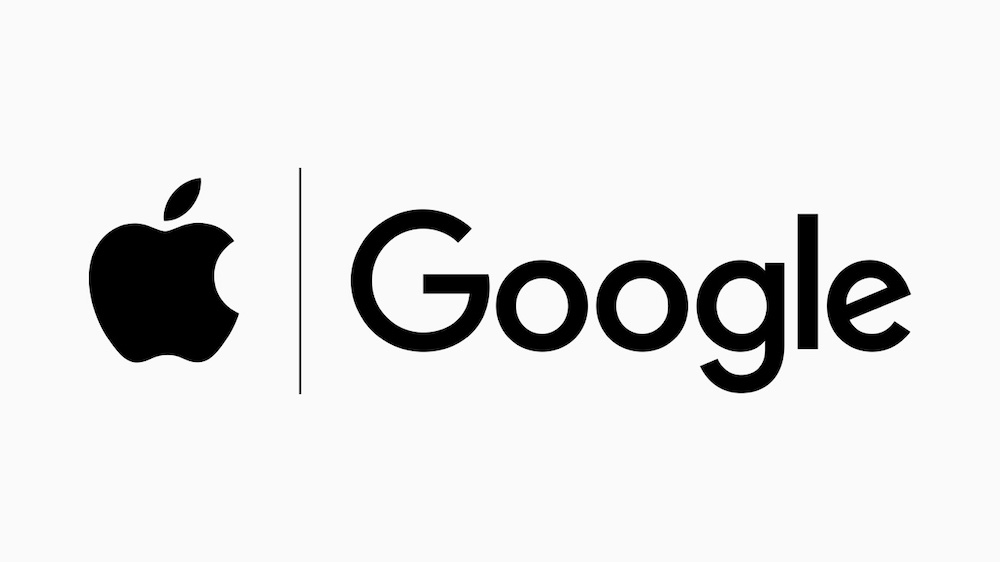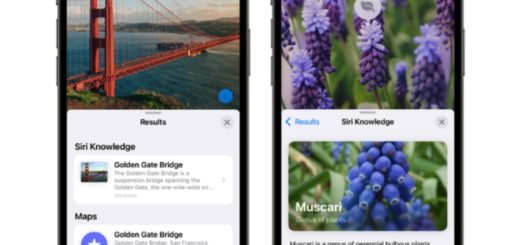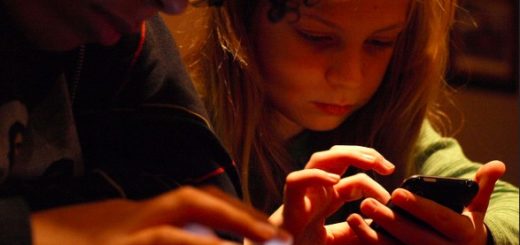Apple and Google team up to fight COVID-19 (and try to protect privacy)

Apple and Google team up at a deep level
Reflecting the huge challenges we face, Apple and Google have announced plans to work together on COVID-19 contact tracing technology.
The battle of our lives
This means a lot. While we still haven’t got adequate testing in some countries (and those that have managed it are frankly in more control of the outbreak), rapidly accelerating casualty and infection rates in some nations demands response.
One of these responses is to figure out who people who are infected have been interacting with in order to extend testing to those people.
It’s not idea – the civil liberty and surveillance aspects of this are frightening, but the potential deaths from the outbreak are also unacceptable.
Apple and Google are quite clearly attempting to deliver the contact tracing tech that’s required at the same time as providing some protection for privacy.
This matters during a pandemic with the potential of infecting around 80% of all humanity and a (hard to assess) death rate that ranges from 0.4% to 3%, depending on who you ask and what medical provision is accessible.
I won’t do the math on the impact of that algebra, but the fact that governments worldwide have put a halt to their economies in an attempt to manage the disease tells me that people have done so.
And it’s not pretty.
“All of us at Apple and Google believe there has never been a more important moment to work together to solve one of the world’s most pressing problems,” they say.
Apple and Google try to save the world
This has driven Apple and Google to work together.
As part of it, they are releasing draft technical documentation including Bluetooth and cryptography specifications and framework documentation.
Here is what they have to say:
“Across the world, governments and health authorities are working together to find solutions to the COVID-19 pandemic, to protect people and get society back up and running. Software developers are contributing by crafting technical tools to help combat the virus and save lives. In this spirit of collaboration, Google and Apple are announcing a joint effort to enable the use of Bluetooth technology to help governments and health agencies reduce the spread of the virus, with user privacy and security central to the design.
“Since COVID-19 can be transmitted through close proximity to affected individuals, public health officials have identified contact tracing as a valuable tool to help contain its spread. A number of leading public health authorities, universities, and NGOs around the world have been doing important work to develop opt-in contact tracing technology. To further this cause, Apple and Google will be launching a comprehensive solution that includes application programming interfaces (APIs) and operating system-level technology to assist in enabling contact tracing. Given the urgent need, the plan is to implement this solution in two steps while maintaining strong protections around user privacy.
“First, in May, both companies will release APIs that enable interoperability between Android and iOS devices using apps from public health authorities. These official apps will be available for users to download via their respective app stores.
“Second, in the coming months, Apple and Google will work to enable a broader Bluetooth-based contact tracing platform by building this functionality into the underlying platforms. This is a more robust solution than an API and would allow more individuals to participate, if they choose to opt in, as well as enable interaction with a broader ecosystem of apps and government health authorities. Privacy, transparency, and consent are of utmost importance in this effort, and we look forward to building this functionality in consultation with interested stakeholders. We will openly publish information about our work for others to analyze.”
“All of us at Apple and Google believe there has never been a more important moment to work together to solve one of the world’s most pressing problems. Through close cooperation and collaboration with developers, governments and public health providers, we hope to harness the power of technology to help countries around the world slow the spread of COVID-19 and accelerate the return of everyday life.”
It remains open to debate what “everyday life” will look like after this is over, of course.
Please follow me onTwitter, or join me in the AppleHolic’s bar & grill and Apple Discussions groups on MeWe.



